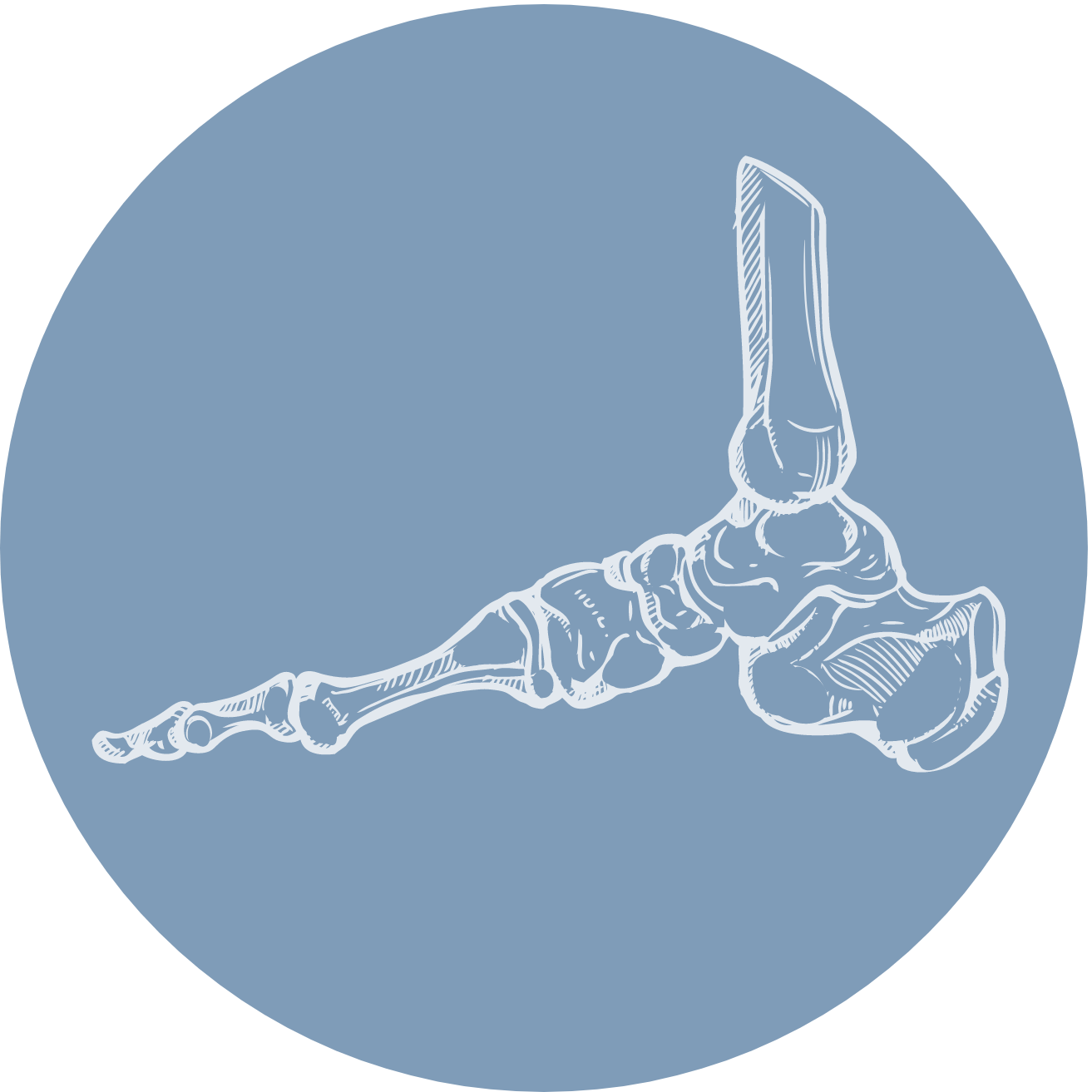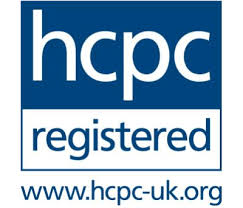Pregnancy is a very exciting time! There are regular scans, blood tests and appointments to monitor the health and growth of both mother and baby, but the feet and legs are often forgotten, despite being expected to bear the increases in weight, the balance and centre of gravity changes, and the effects of all the pregnancy hormones. Here’s a look into how pregnancy affects your feet and what you can do to stay comfortable and active throughout all three trimesters of your pregnancy.
Causes And Symptoms Of Foot And Leg Problems In Pregnancy
Many of the causes of foot pain and leg aches during pregnancy occur due to changes in hormone levels, particularly of the hormones relaxin and progesterone which lead to increased laxity in the ligaments - meaning the ligaments are much more flexible than normal. This added flexibility is essential to help support changes around the pelvis to accommodate the growing baby, as well as assist in the birthing process.
You’ll tend to see the biggest changes in the second trimester and into the third, particularly between weeks 12-34 of your pregnancy. While many of the changes you experience in pregnancy will naturally resolve after giving birth, it may take some time, and you may need added support for your feet in the first post-partum year or even longer.
Feet Can Grow In Pregnancy
Previously we mentioned a hormone called relaxin that is plentifully produced by your body in order to help loosen the ligaments and tissues around your pelvis in preparation for childbirth. Unfortunately, relaxin isn’t limited to the pelvic area but flows freely through the body to also act on your feet. When looser ligaments are combined with the increased weight from your rapidly-growing baby, you get more pressure on the looser joints of your feet and the feet can flatten, making them appear bigger and wider.
Most pregnant women find they go up between half a size to one whole shoe size, sometimes more. While some feet return to their normal position during the postpartum period, others maintain a permanent increase in shoe size - and unfortunately it’s impossible to predict which category you’ll fall into.
Swollen Feet And Ankles
During pregnancy, a woman holds anywhere up to twice her regular blood volume. This blood is circulated through your veins which places a great demand on them, especially when it comes to the veins working against gravity to return blood back up the legs to the heart. For approximately 80% of women, this leads to swelling of the feet and ankles. This is typically seen from 20 weeks gestation onwards. As swollen feet and ankles are also a sign of a serious medical condition called pre-eclampsia that puts both mother and baby at risk, if you notice swelling in your feet or ankles, you should always let your doctor or midwife know.
Unsteady Or Off Balance On Your Feet
During pregnancy, particularly during the third trimester when your baby and uterus are both at a considerable weight, your centre of gravity shifts forwards, meaning that your natural balance is very different than it used to be. Combine this with weaker ankle ligaments due to the effects of the relaxin hormone, and many women feel less steady and off balance on their feet.
Tired And Achy Legs
Our legs are managing a lot of changes during pregnancy that makes it common for them to regularly feel tired and achy, especially in the third trimester. These changes include managing greatly increased blood volume which can cause swelling, keeping steady and balanced when our natural centre of gravity has shifted forwards, counteracting the effects of relaxin which can reduce stability in our ankles, and generally managing a much heavier load and using muscles in ways they’re not used to.
Foot And Leg Cramps
Foot and leg cramps are more common in pregnancy, particularly in the second and third trimesters. While it is medically unclear exactly why this is the case, it may be related to the increased weight the feet and legs now support, the pressure the uterus is placing onto the surrounding veins, changes in mineral levels in the body associated with a greater blood volume, or even from insufficient water intake.
Varicose Veins
Varicose veins occur when our veins become damaged and become more prominent beneath the skin. They are more prevalent in pregnancy because the veins are working with a much higher blood volume which they are not used to handling and supporting. As a result, the veins can become damaged and take on a more prominent, bulging or twisted appearance.
Back Pain
Back pain can occur during pregnancy because the weight of the growing uterus and baby accentuates the curvature of the spine, placing excess stress on the spinal joints. This causes tightening of the spinal muscles, while the overall increased weight means the back muscles have to work much harder than they are used to. This is why back pain is common in pregnancy.
Diagnosis
All of the causes and symptoms of foot problems in pregnancy that we have described are easily detected and diagnosed at an appointment with one of our podiatrists. Medical imaging is not required. If there are any abnormalities with any of your symptoms, we’ll refer you to the best practitioner to help promptly.
Treatment
If you’re struggling with foot pain or discomfort, we recommend seeing one of our podiatrists. We’ll conduct a comprehensive exam of your feet and legs, assess what’s going on and if any of the muscles, ligaments or joints have been injured, and then start you on a treatment plan designed to reduce your pain and improve your comfort on your feet throughout the rest of your pregnancy and through your post-partum period.
What Happens If I Ignore My Pregnancy Foot Or Leg Pain?
As the weight of the baby and uterus continues to grow exponentially until birth, aches and pains during pregnancy are likely to worsen. Your podiatrist can help relieve your symptoms and help keep you comfortable throughout your pregnancy.
WHAT CAN I DO TO AVOID PROBLEMS?
Avoid being on your feet for long periods of time. This one may seem obvious, but it's often missed. Don't underestimate the power of a good rest. Rest with your feet elevated as much as possible, especially when you get to the later terms of pregnancy.
Wear comfortable and supportive shoes and socks. Try to avoid anything tight-fitting with a strap or something that may pinch if your feet do swell.
Drink plenty of water to help flush out the excess water content in your body.
Exercise, but don't overdo it. Take regular, small-duration walks to help keep your blood flowing.









